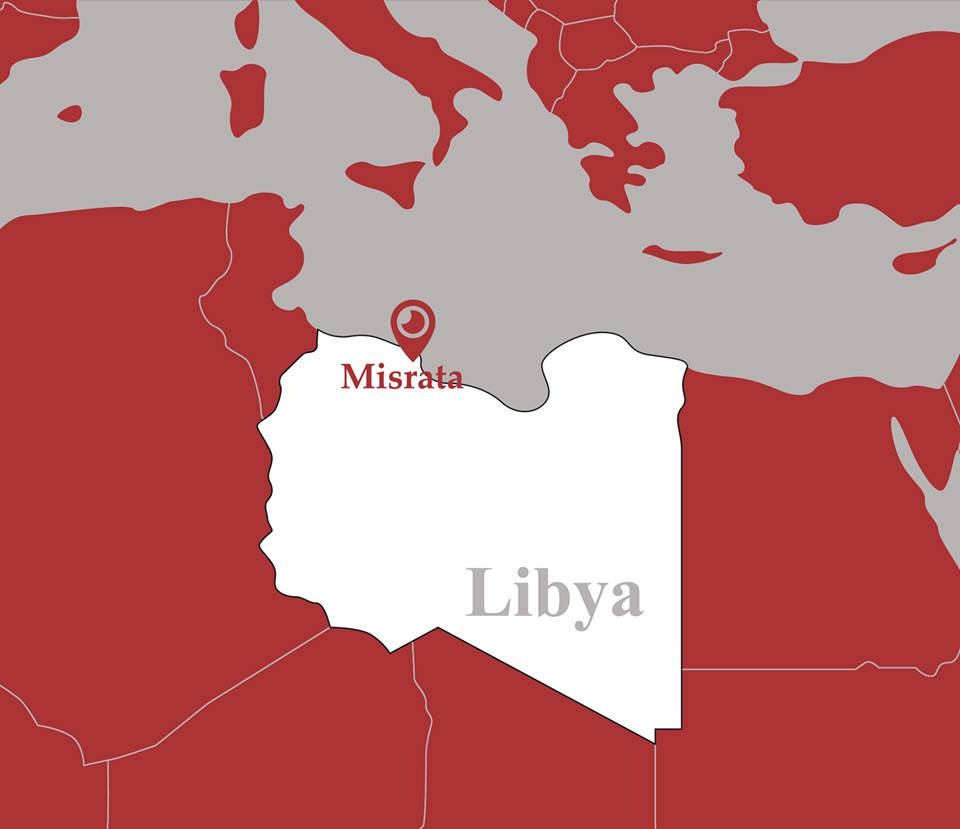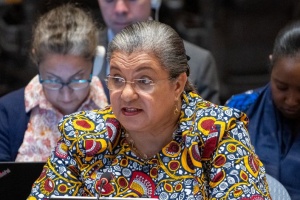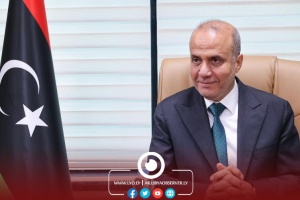The "February Brings Us Together Gathering" has set six points to deal with the repercussions of the political crisis and "the continuation of political division fueled by personal ambitions aimed at power at any cost," according to a statement issued by the gathering on Saturday evening.
This came in a statement by a number of leaders and residents of Misrata, where they expressed their categorical rejection of the use of force to impose political will, denouncing all forms of intimidation, kidnapping, and restrictions on freedom of expression.
The statement indicated that the continuation of the current crisis and the entry of the Presidential Council, the Government of National Unity, and the Central Bank of Libya into the crisis are due to the failure to agree on sovereign positions.
The signatories to the statement condemned "the interference of the Government of National Unity in the work of the High Council of State and the attempts at intimidation to disrupt its role," considering this "an infringement on the principle of separation of powers," while calling on the members of the High Council of State to unify their efforts to reach general elections.
They stressed their adherence to the civil nature of the state, and their rejection of any attempts to militarize it, calling for respect for the constitutional declaration and the right to peaceful transfer of power, stressing the need to adhere to the political agreement.
They also called on the House of Representatives and the High Council of State to agree on sovereign positions, especially the Central Bank, away from political conflict.
They urged the international community to support a serious political dialogue that leads to a peaceful settlement and the formation of a new government that extends its authority over the entire country, calling also for the rejection of division, the promotion of national reconciliation, the restoration of Libya's sovereignty, and the expulsion of all foreign forces.
The deadline requested by the representatives of the House of Representatives and the High Council of State to complete consultations on the crisis of changing the management of the Central Bank of Libya ends on Monday, after the Presidential Council's decision to assign a new management, which was rejected by the two chambers.








